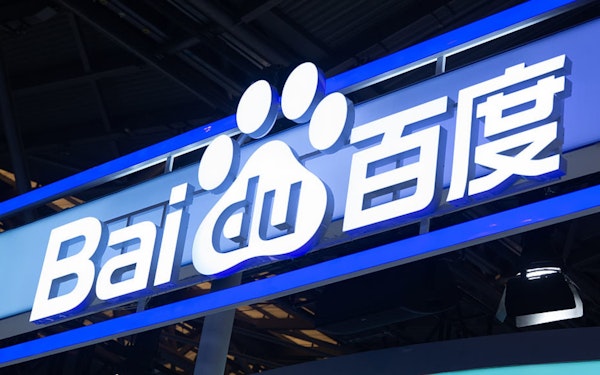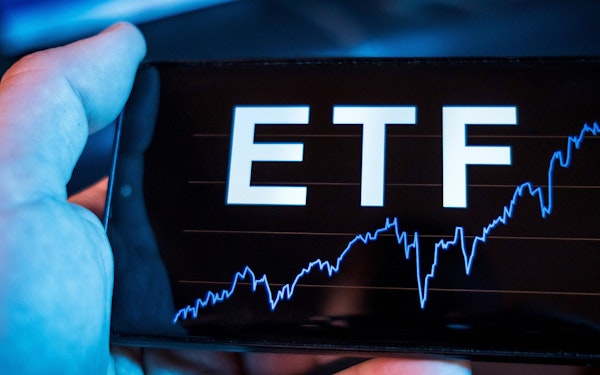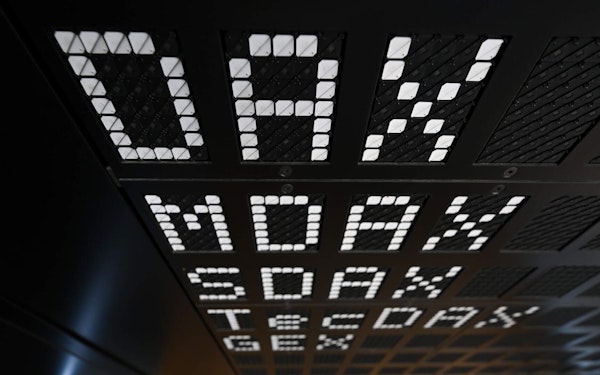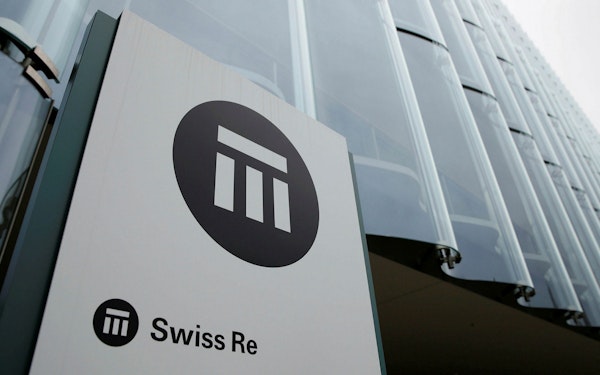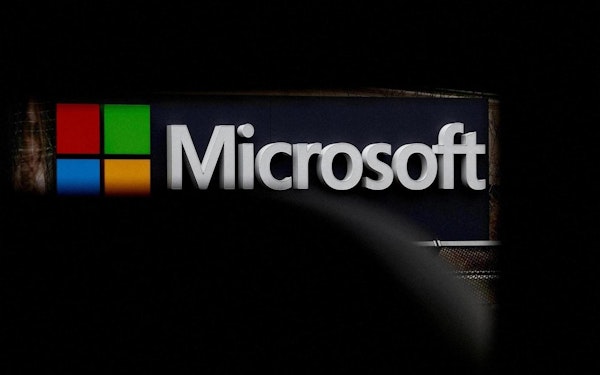
SAP CEO Klein warns against overregulation of artificial intelligence in Europe
Christian Klein, CEO of Europe's largest software company SAP, clearly opposes overregulation of AI technologies and warns that Europe could fall further behind in competition with the USA.

I am absolutely against the regulation of technology. It would severely impair Europe's competitiveness if I cannot sufficiently test my AI models here," Klein said in an interview with the Financial Times during a visit to Silicon Valley. "If we overregulate data usage for developing new AI in Europe while it's still allowed in the USA, we will be at a massive disadvantage.
Klein's statement comes at a time when the market for business software is undergoing significant changes. Competitors like Salesforce and Oracle are currently integrating generative AI solutions into their products to offer an improved user experience through chatbots and AI agents. However, many tech companies are encountering resistance in the EU, particularly due to the new AI regulation (Artificial Intelligence Act) and the Digital Markets Act, which restrict the use of large language models and certain types of data.
Meta and Apple have already decided not to launch some of their AI products in Europe due to these regulations.
At the same time, California Governor Gavin Newsom recently rejected a controversial law to regulate AI models after intense pressure from the tech industry.
I am in close communication with decision-makers in Europe. As the largest software provider in the EU, we have a certain voice in these discussions," Klein explained. "I think it is important to regulate the impact of AI on businesses and end-users, but not the technology itself. You should regulate the outcome, not the process.
SAP is currently investing two billion euros annually in AI, a relatively small amount compared to the approximately 100 billion dollars that American tech giants have invested this year. However, Klein emphasized that SAP does not intend to compete with the US hyperscalers and does not need massive data centers or research in advanced AI models. Instead, the company focuses on specialized applications such as the recently introduced "Joule" chatbot, which can analyze and optimize business processes.
To keep up with the technology leaders, SAP plans to expand its presence in the USA and to increasingly place US engineers at locations such as UCLA, Berkeley, and Stanford. Additionally, the company has invested in emerging AI startups like Anthropic and Cohere.
The engagement in artificial intelligence marks the latest transformation of the 51-year-old company. SAP has evolved from a license provider to a cloud-based service provider over the past decade. Currently, however, only about a third of the approximately 400,000 SAP customers have switched to the cloud solution. Nonetheless, Klein emphasized that there is a long waiting list and that customers who have already made the switch are generating higher revenues on average.
In the second quarter of 2023, SAP's revenue increased by 10 percent to 8.29 billion euros, primarily due to strengthened cloud sales. Under Klein's leadership, SAP's market value has nearly doubled, and with a market capitalization of 242.4 billion euros, SAP has now become Europe's fourth largest publicly traded company. However, compared to its long-standing US competitor Oracle, SAP still lags behind, as the US company is nearly twice as large.
Despite these successes, Klein is struggling with a tense atmosphere in the company. A recent survey of German employees showed that 51 percent would be willing to switch to another employer, and only 38 percent expressed full confidence in the board of directors.
In January, Klein announced that 8,000 of the 110,000 employees would be affected by an AI-focused restructuring program; this number was increased to 10,000 in July. Only 15 percent of the surveyed employees believe that this restructuring has improved their working conditions.
Without our investments in AI and its internal use, SAP would no longer remain competitive," emphasized Klein.


